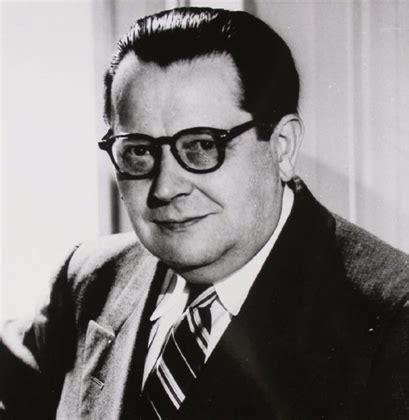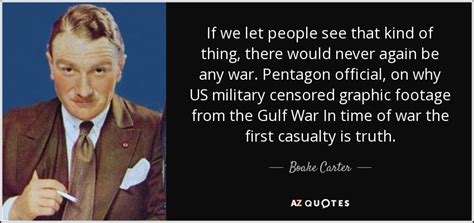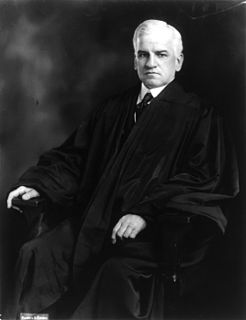A Quote by Carl von Clausewitz
Everything in war is very simple, but the simplest thing is difficult. The difficulties accumulate and end by producing a kind of friction that is inconceivable unless one has experienced war. ... Countless minor incidents - the kind you can never really foresee - combine to lower the general level of performance, so that one always falls short of the intended goal.
Related Quotes
It's important to remember that World War II was experienced very much as a continuity in that sense. Most of World War II in most of Europe wasn't a war; it was an occupation. The war was at the beginning and the end, except in Germany and the Soviet Union, and even there really only at the end. So the rest of time it's an occupation, which in some ways was experienced as an extension of the interwar period. World War II was simply an extreme form, in a whole new key, of the disruption of normal life that began in 1914.
It was a time of madness, the sort of mad-hysteria that always presages war. There seems to be nothing left but war--when any population in any sort of a nation gets violently angry, civilization falls down and religion forsakes its hold on the consciences of human kind in such times of public madness.
The 14th Amendment was passed after the Civil War to apply to former slaves to ensure that they are treated like all other citizens. It never did have anything to do with gay marriage. It was never intended to have anything to do with gay marriage or animal marriage or any other kind of social contract. It was specific to slavery, and after the Civli War.

































